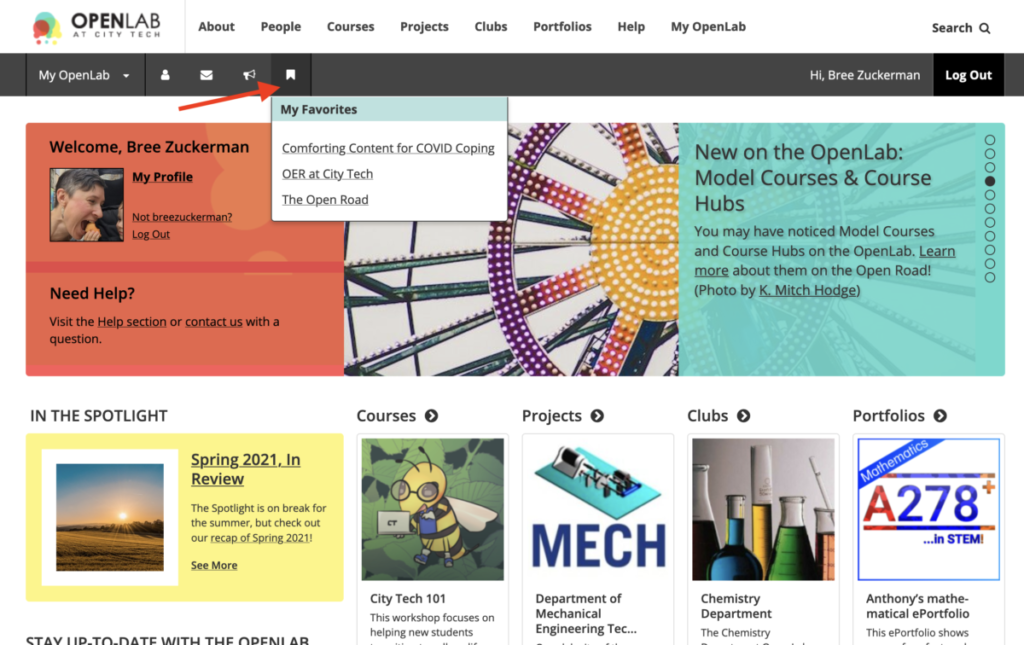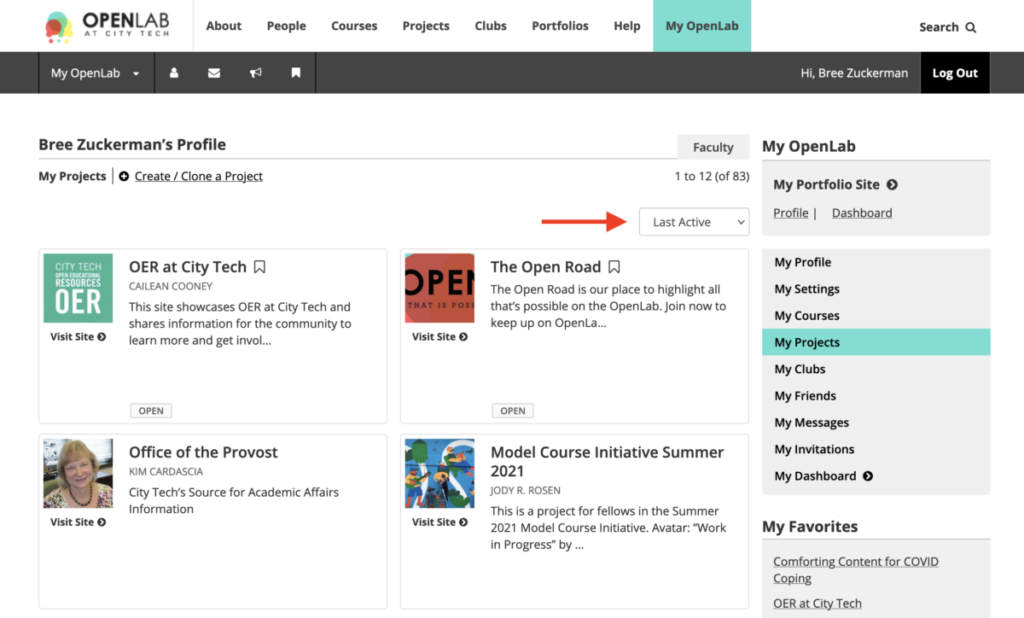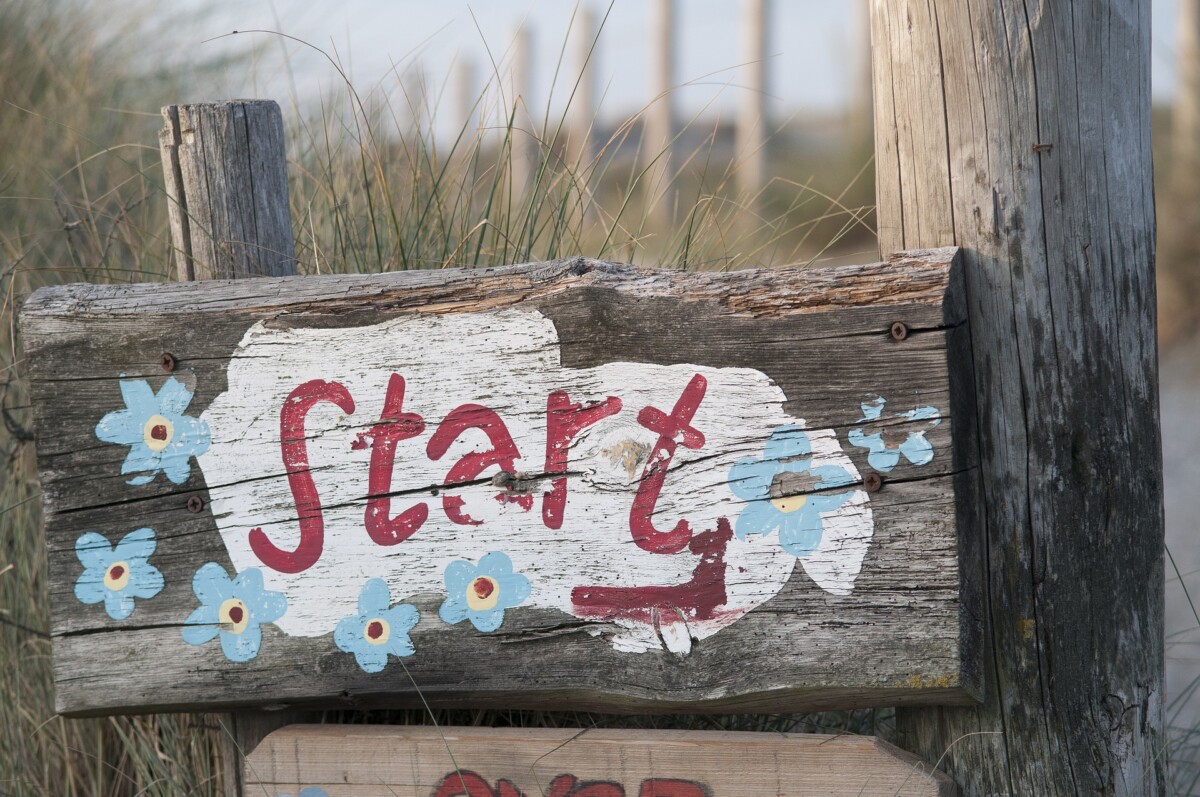
This week, we celebrate Hispanic heritage month by spotlighting the Hispanic Serving Institution (HSI) Committee’s new site! The site is clean and well-organized and can serve as a model for other academic committees. From left to right, its menu features: a static home page which describes the committee’s goals; a page that answers the question What is an HSI?; a page About the Committee; and a page with additional Resources. Note how intuitive this set-up is: it briefly gives the information needed to understand the committee’s purpose before offering in-depth descriptions of the context in which the committee is working, the faculty and staff serving on the team, and additional readings and support opportunities for those who are interested. Note also that the header image features a group picture of the faculty and staff serving on the committee: this is a lovely personal touch!
We’d also like to draw your attention to the events page, as there many coming up for HSI Week 2021. Today, September 13, there will be two HSI forums: one for faculty, staff and administrators and the other for students and families. You can sign up for these forums here.
Finally, we want to highlight the committee’s recommendations for City Tech, which include doubling the number of students who complete their associate degrees or transfer to baccalaureate programs in three years and achieving a six-year graduation rate of 50% for baccalaureate program students. To do this, the committee recommends City Tech recognize the importance of having a representative size of Hispanic faculty and offer mentorship that is tailored to the needs of Hispanic Students.
All-in-all, this is a richly informative and easy to navigate site. Check it out for inspiration and mark your calendars with any HSI Week events you’d like to attend.











